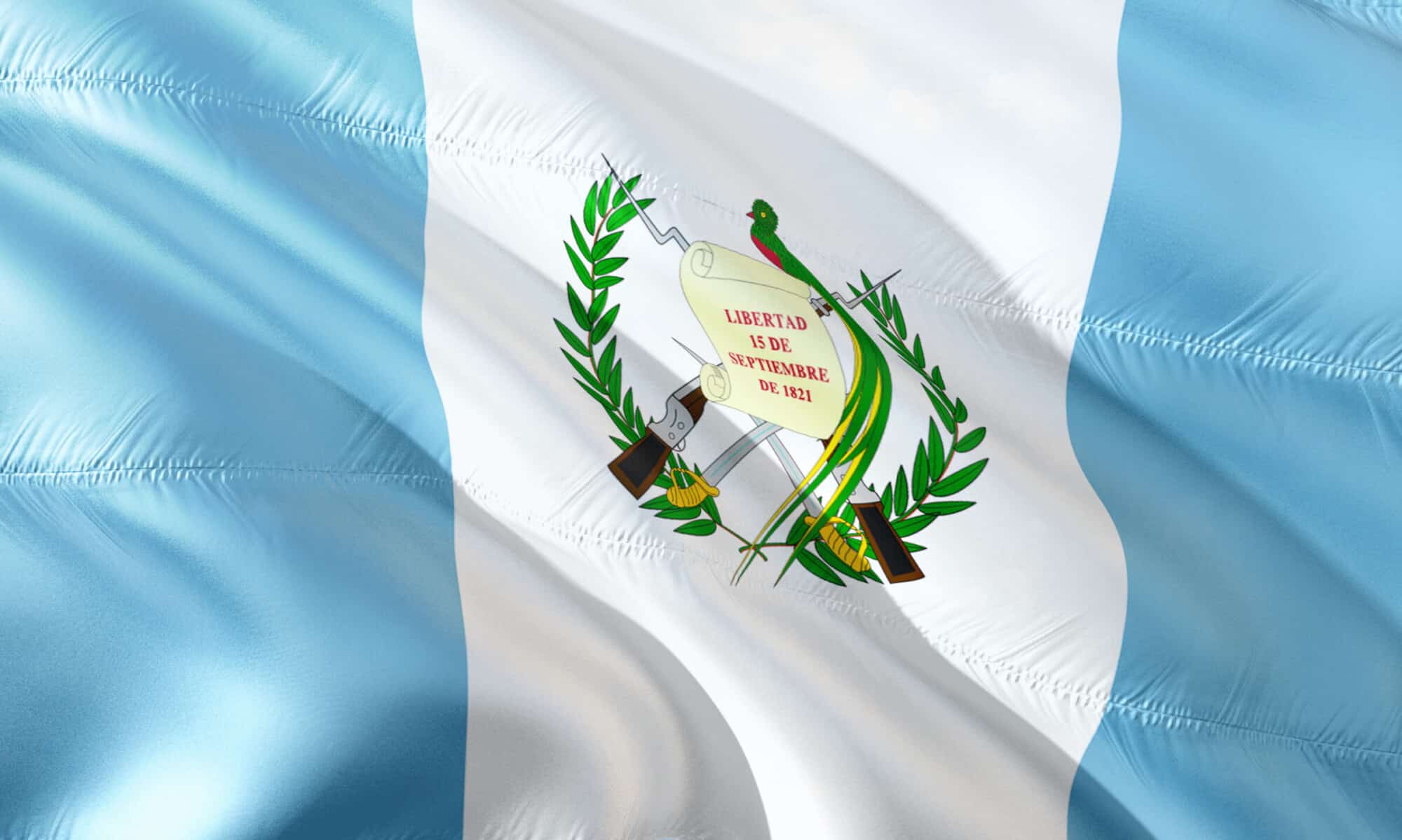What can you expect in Guatemala?
Regulations in Guatemala not only differ significantly from those in the US or Canada but also encompass
unique communication methods and business etiquette:
Guatemala's corporate culture is deeply rooted in relationships. While Guatemalans are known for their
conservative and formal demeanor, they are also inherently friendly, placing high value on trust, honor,
and camaraderie.
Unlike the formalities often emphasized in the US or Canada, personal relationships hold greater weight
in Guatemala's business landscape. Cultivating genuine connections is paramount, as Guatemalans tend to
prioritize loyalty to individuals over the companies they represent.
Building casual, yet sincere, business "friendships" is key, as these personal bonds can foster
long-term success. Leveraging third-party contacts is also instrumental in gaining trust within the
Guatemalan market, with established individuals serving as valuable endorsements for your company.
Punctuality is highly regarded in Guatemala, with timeliness being essential for both business meetings
and social engagements alike.
Language can sometimes present a barrier, although many educated business professionals are fluent in
English. However, the predominant language remains Spanish, and some Guatemalans may also speak the
indigenous Mayan language.
Quick facts about Guatemala (2023)
Location: Guatemala sits in Central America, bordered by Mexico to the north and west, Belize and the
Caribbean to the northeast, Honduras to the east, El Salvador to the southeast, and the Pacific Ocean to
the south.
Capital: The bustling capital of Guatemala is Guatemala City.
Population: Recent estimates place Guatemala's population at around 18 million people.
Language: Spanish serves as the official language, but Guatemala also boasts a rich tapestry of
indigenous languages.
Geography: The country boasts a varied landscape, encompassing majestic mountains, sprawling coastal
plains, and a tropical climate.
Government: Guatemala operates as a constitutional democratic republic.
Economy: While agriculture remains a cornerstone, Guatemala's economy has seen notable expansion in the
manufacturing and service sectors.
Culture: Guatemala's cultural mosaic is a blend of Spanish colonial influences and vibrant indigenous
Mayan traditions.
Time Zone: Guatemala operates on GMT - 6.
Currency: Transactions in Guatemala are conducted using the Quetzal (GTQ).
Economic snapshot (Source: FocusEconomics)
Gross Domestic Product (GDP): Guatemala's economy exhibits a diversified GDP, driven by contributions
from agriculture, manufacturing, and services.
Main Exports: Guatemala's key exports encompass bananas, coffee, sugar, and vegetables.
Trading Partners: The United States stands as a significant trading partner, alongside other Central
American nations and European countries.
Economic Challenges: Guatemala grapples with challenges including income inequality, poverty, and a
reliance on a handful of primary commodities for export.
Economic Opportunities: Despite challenges, Guatemala presents opportunities for growth, particularly in
sectors such as tourism, non-traditional agriculture, and the exploration of new export markets.
Currency: Transactions within Guatemala utilize the Guatemalan Quetzal (GTQ).
Why is doing business with Guatemala the right decision? Guatemala trade overview
MAIN IMPORTS: Petroleum, Telecommunication Equipment, Vehicles and Parts, Medicaments, Logistics
Material, Polymers and Plastics
MAIN EXPORTS: Fruits, Sugar Raw, Coffee, Palm Oil, Nuts, Textiles, Medicaments, Flowers
INDUSTRIES WITH STRONG BUSINESS OPPORTUNITIES: Manufacturing, Agriculture Equipment, Mining,
infrastructures and Construction, Hydroelectric and Geothermal Energy
PRINCIPAL TRADING PARTNERS: USA, China, Mexico, El Salvador, Honduras, Nicaragua, Costa Rica, Panama,
Canada, Europe (Netherlands, Italy, Germany), China, Colombia, South Korea

